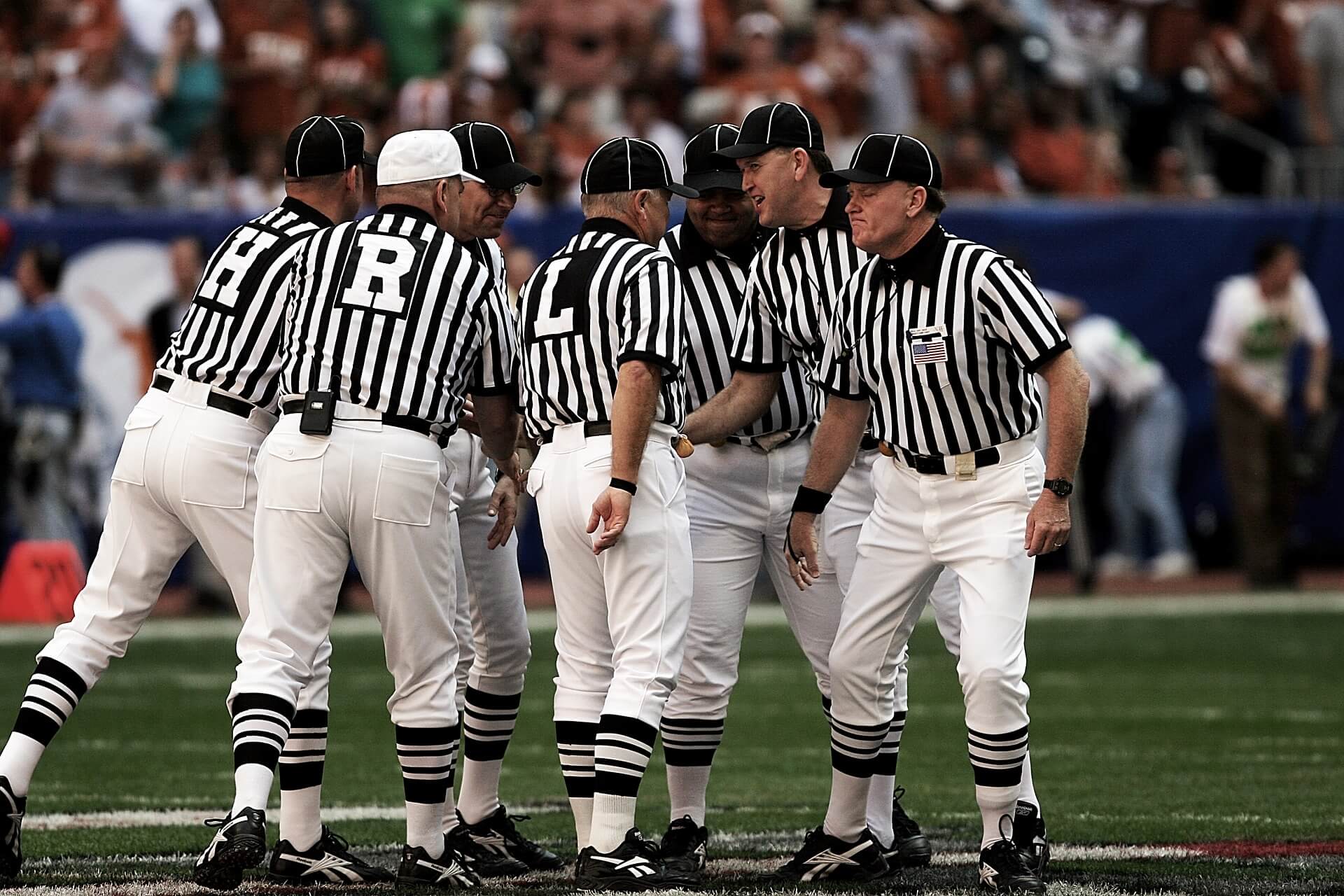Non-Competes in the Sale of a Texas Business

If you’re buying a business in Texas and the seller agrees to a non-compete, will it hold up in court?

If you’re buying a business in Texas and the seller agrees to a non-compete, will it hold up in court?

The short answer is yes. A non-solicitation agreement is a form of non-compete. But why does this issue come up? And what difference does it make? To understand why, let’s back up a bit. It is common for an employment agreement to contain both a “non-solicitation” section and a “non-compete” section. A non-solicitation clause places restrictions on the employee soliciting company customers after leaving the company. A non-compete clause is broader: it places restrictions on the employee working for a competitor after leaving the company. One thing to watch out for: the “non-solicitation” restriction that is actually, in substance, a […]

Get the Study Guide for Essentials of Texas Non-Compete Litigation here!

You can boil down the practical effect of Texas non-compete law to just seven words.

Is the reasonableness of a Texas non-compete a question of law or a question of fact? The right answer may surprise you.

In Rieves v. Buc-ee’s, the Houston Court of Appeals held that requiring a departing employee to pay back bonuses was an unenforceable restraint of trade

Even if you’re not a lawyer, you’ve probably had some occasion to read court documents and come across stock phrases like this: TO THE HONORABLE JUDGE OF SAID COURT COMES NOW PLAINTIFF . . . WHEREFORE, PREMISES CONSIDERED, PLAINTIFF PRAYS . . . And yes, they are usually in ALL CAPS. You may have wondered if there is some legal purpose to these formalisms. The answer is no. Leaving these traditional incantations out of a court document would have zero legal effect. They are no more necessary than drafting a court document in Papyrus font. So why do lawyers use […]

Insurance agencies often use non-competes to protect their goodwill, but are the non-competes enforceable? And can the company get an injunction?

These Texas non-compete injunction cases show you need to be prepared to offer evidence of “imminent harm” and “irreparable injury,” even if judges don’t always require it.

What’s the most effective form of non-compete in Texas, or anywhere? It might not be what you think.